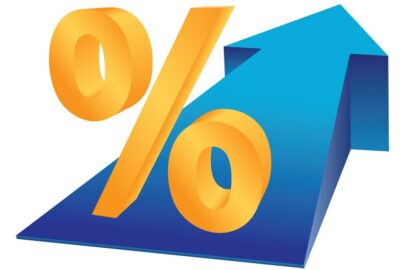52% of borrowers say they will struggle or fall behind with mortgage repayments when interest rates rise, according to a new survey from by the Building Societies Association (BSA).
The research also found that one tenth would experience real financial problems. A further 14% said they would be able keep up with repayments, but it would be a constant struggle. 23% said that they would experience difficulty from time to time.
When questioned about the impact on their lifestyle, 18% of borrowers say they will have to cut back on essentials such as food or clothing in order to make their monthly repayments. A further 15% say they will have to work more hours in order to keep on top of their mortgage commitments.
Paul Broadhead, head of mortgage policy at the Building Societies Association, said: “Concern from borrowers is natural when it comes to interest rate rises. There are at least 1.85 million homeowners that have never experienced a rate rise, we have a record low Bank Base Rate for so long, it is unsurprising that some people are concerned that a rise in rates will affect their lifestyles and ability to make mortgage repayments.
“Clearly some of the actions borrowers say they would take may not be within their control, for example working additional hours. Our advice to those concerned about interest rate rises is to start thinking about how they will manage the increased costs. This could include creating a household budget, to taking a look at mortgage calculators and rescheduling unsecured loans such as credit cards. Free money advice is available for those that are concerned.
“The good news is that the results of our survey show nearly a quarter (22%) of borrowers will not have to make any changes to their lifestyle when interest rates rise. With the economy more stable than it has been for years, this is a positive result. That said, with inflation near zero and the Monetary Policy Committee voting by a majority of eight to one to maintain the Bank Rate at 0.5%, it is looking unlikely that things will change before well into 2016.”
